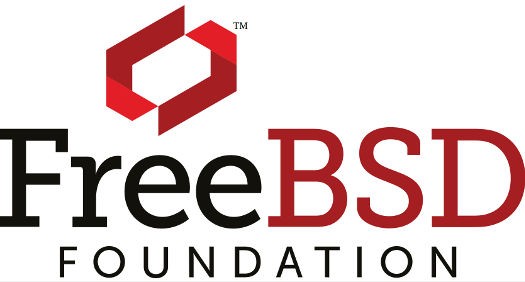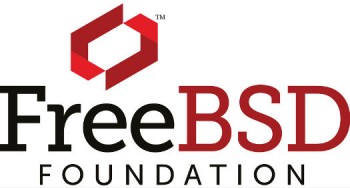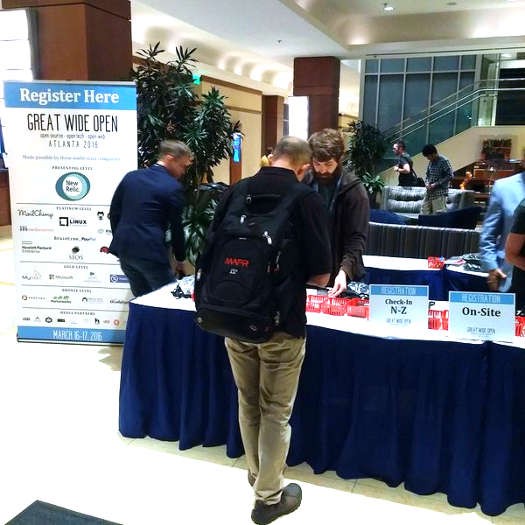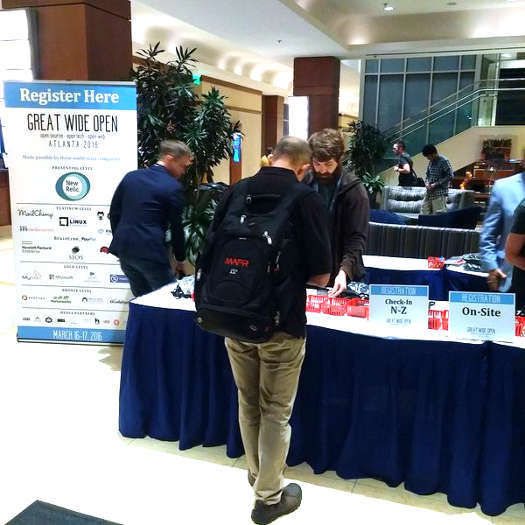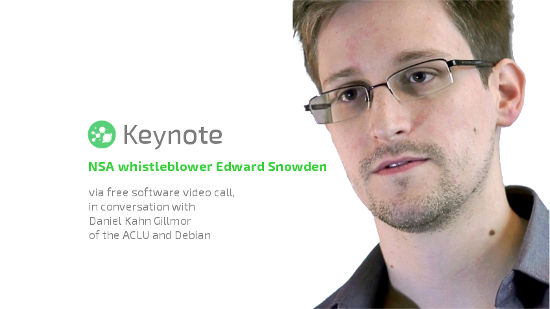In its quest to become the Microsoft of the Linux world, Ubuntu and Microsoft are expected to announce today that Ubuntu will soon run on Windows 10.
Holy crap!
In Friday’s Week in Review I jokingly opined that I wouldn’t be surprised to see “Ubuntu for Windows” as a move by the folks at Canonical as part of their plans for world domination. Guess what? It’s really happening.
In an article published Tuesday, Steven J. Vaughan-Nichols writes that “[a]ccording to sources at Canonical” a deal has been worked out between Ubuntu’s parent company and Microsoft that will lead to the GNU/Linux distro being able to run alongside Windows 10. According to Vaughan-Nichols, “This will not be in a virtual machine, but as an integrated part of Windows 10.”
Christine Hall has been a journalist since 1971. In 2001, she began writing a weekly consumer computer column and started covering Linux and FOSS in 2002 after making the switch to GNU/Linux. Follow her on Twitter: @BrideOfLinux





 In a March 14 post on the
In a March 14 post on the 
